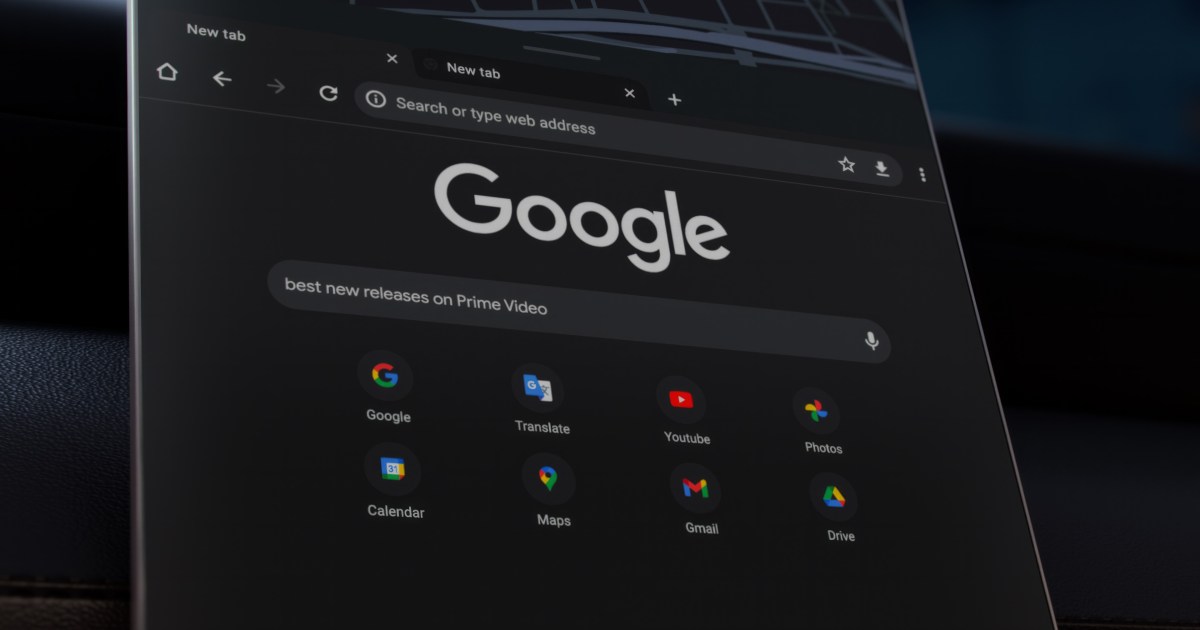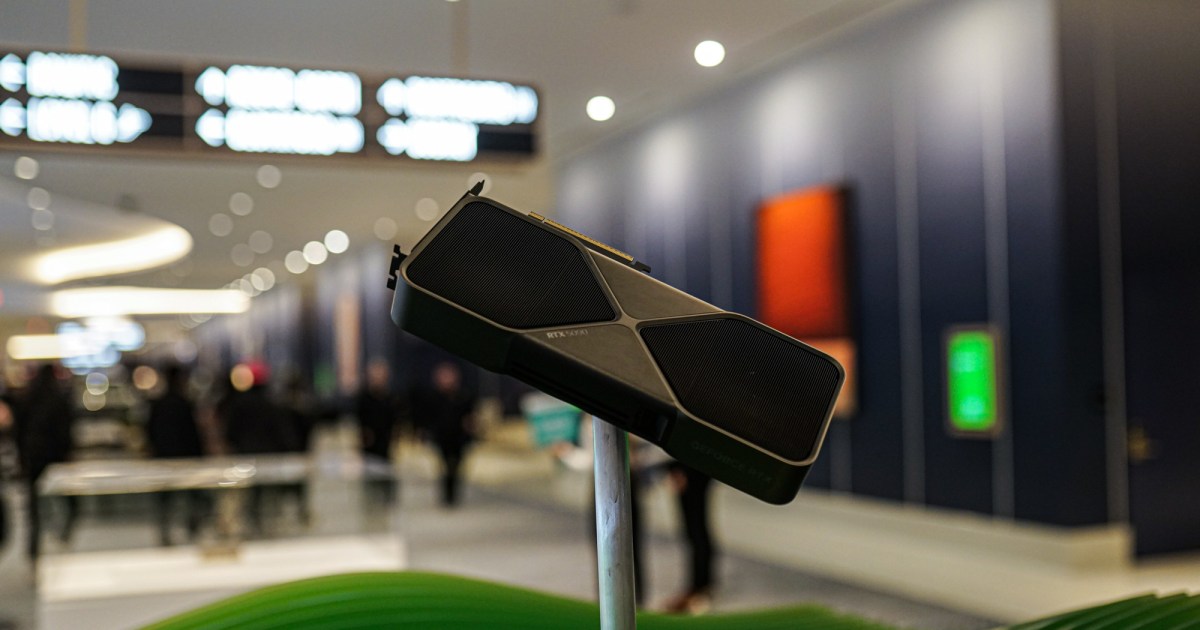Google is experimenting with a new AI-driven feature called “PermissionsAI” within Chrome Canary, its experimental browser version. This feature aims to address the pervasive issue of website pop-ups requesting location sharing or notification permissions, as reported by TechRadar.
How PermissionsAI Works
According to Chromium, PermissionsAI leverages Google’s “Permission Predictions Service” and Gemini Nano v2. This combination analyzes users’ past interactions with permission pop-ups to predict their likely response to future requests. If a decline is anticipated, the pop-up is discreetly moved to a corner of the screen, minimizing disruption while remaining accessible if needed.
The Balancing Act of Accuracy
The effectiveness of AI-powered features hinges on accuracy. While blocking intrusive pop-ups, particularly on mobile devices, is undeniably appealing, misjudging and hiding essential prompts could create user frustration.
Addressing Pop-up Fatigue
PermissionsAI currently intervenes only when a denial is predicted. This prevents accidental acceptance of unwanted notifications, but leaves users to contend with pop-ups they intend to accept. However, even accepted pop-ups can be disruptive due to their size and prominence.
A More Comprehensive Approach
A more user-friendly solution might involve relocating all permission prompts to a less intrusive UI element, regardless of the predicted response. A consistent location would allow users to easily locate and manage these requests. This would be especially beneficial for location sharing, while notification preferences tend to remain more static.
Future of PermissionsAI
As PermissionsAI is still in the testing phase, public availability remains uncertain. Hopefully, Google will prioritize thorough development and refinement before a wider release.










